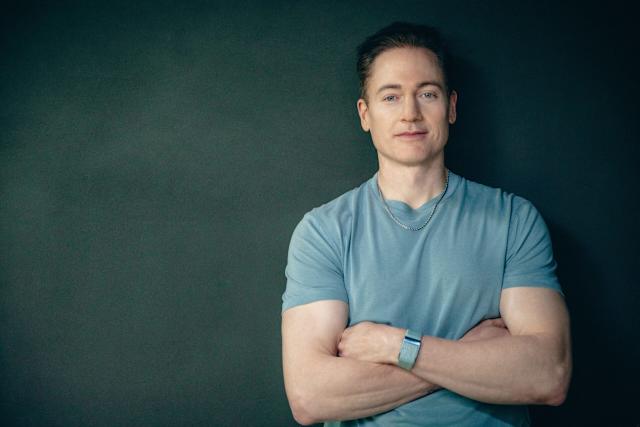
Introduction
Bryan Johnson, CEO of Kernel and founder of Braintree, has increasingly become a prominent figure in the longevity and health tech sectors. His drive to explore ways to enhance human longevity through innovative technology resonates at a time when many are seeking solutions to age-related health issues. The dialogue surrounding longevity and health optimization has gained momentum, making Johnson’s work both timely and relevant.
Johnson’s Ventures
In 2007, Bryan Johnson founded Braintree, a payment processing company that was sold to PayPal for $800 million. However, in recent years, he has redirected his focus toward human health and longevity. In 2020, he launched a new venture called Kernel, which aims to develop neurotechnology to augment cognitive abilities and promote mental wellness. Kernel has been pushing the boundaries of brain-computer interface technology, striving to better understand and optimize human brain function.
Beyond Kernel, Johnson has also initiated a personal health project named ‘Blueprint’, which includes a rigorous lifestyle regimen aimed at reversing the aging process. This involves daily routines, including strict diet plans, exercise regimens, and extensive medical monitoring.
Recent Developments
As of 2023, Johnson’s Blueprint regimen has gained attention due to its extreme nature. Reports indicate that Johnson invests approximately $2 million per year on various medical treatments, supplements, and personal health technologies. His goal is to achieve organ function metrics akin to that of a 18-year-old, showcasing the lengths he is willing to go in pursuit of optimal health. Johnson’s Blueprint regimen includes a myriad of interventions such as blood tests, hormone optimization, and even unique dietary supplements aimed at promoting cellular health.
Moreover, this year, Johnson announced plans to create a platform that allows more individuals to access similar health interventions, potentially democratizing the options available for health optimization. This initiative could reshape the health landscape by giving more people access to advanced medical and wellness strategies that have traditionally been reserved for the wealthy or elite.
Conclusion
Bryan Johnson’s work in health technology and his personal dedication to longevity are paving the way for future innovations within the field. As societal interest in health optimization continues to grow, his efforts underscore the importance of combining technology and wellness to potentially extend human life spans and quality of life. Looking ahead, Johnson’s initiatives could initiate a broader discussion on personal health accessibility, biohacking, and what it truly means to maintain health in an aging society. The conversation surrounding aging, longevity, and enhancing cognitive prowess is likely to intensify, making Johnson’s contributions even more significant.



